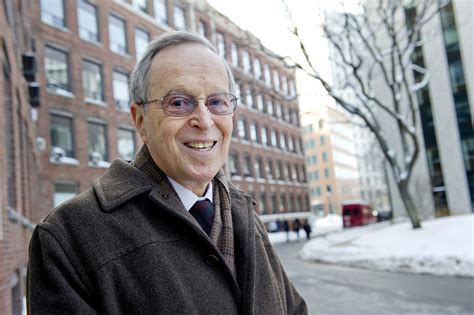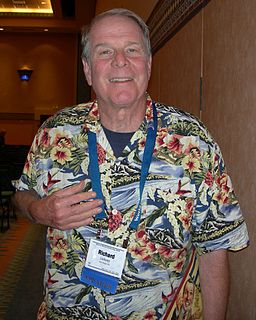A Quote by Ngugi wa Thiong'o
If a novel is written in a certain language with certain characters from a particular community and the story is very good or illuminating, then that work is translated into the language of another community - then they begin to see through their language that the problems described there are the same as the problems they are having. They can identify with characters from another language group.
Related Quotes
The advantage of the gypsy language, even though I don't understand it that much, the language is perfect melody. So if you propose the movie the way I do, then the language is just one part of the melody. Orchestrating all inside, and the language is following the meaning of what they say, and it's never the same as written.
We believe we can also show that words do not have exactly the same psychic "weight" depending on whether they belong to the language of reverie or to the language of daylight life-to rested language or language under surveillance-to the language of natural poetry or to the language hammered out by authoritarian prosodies.
UG [universal grammar] may be regarded as a characterization of the genetically determined language faculty. One may think of thisfaculty as a 'language acquisition device,' an innate component of the human mind that yields a particular language through interaction with present experience, a device that converts experience into a system of knowledge attained: knowledge of one or another language.
Language [can] be expressed . . . by movements of the hands and face just as well as by the small, sound-generating movements of the throat and mouth. Then the first criterion for language that I had learned as a student—it is spoken and heard—was wrong; and, more important, language did not depend on our ability to speak and hear but must be a more abstract capacity of the brain. It was the brain that had language, and if that capacity was blocked in one channel, it would emerge through another.
Unlike the issue of messiahhood, which arose when Jews and Christians were members of the same religio-political community and spoke the same conceptual language, the issues of the incarnation and the Trinity divide people who are no longer members of the same community and who no longer speak the same language.





































